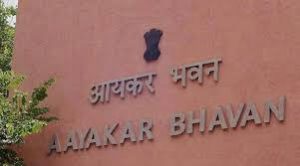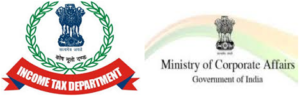 Avoiding income tax notices by fudging addresses or shifting residence will now become difficult. Income tax rules have been amended that will allow the tax department to deliver notices to assessees at addresses given by them to banks, insurance companies, post offices etc in case the notice is undeliverable at the address supplied to the tax department.
Avoiding income tax notices by fudging addresses or shifting residence will now become difficult. Income tax rules have been amended that will allow the tax department to deliver notices to assessees at addresses given by them to banks, insurance companies, post offices etc in case the notice is undeliverable at the address supplied to the tax department.
The government issued a notification dated December 20, 2017 amending the Income Tax Rules to ensure that all notices, summons, requisitions or any other communication issued in your name is delivered to you either via post or e-mail.
As per the notification, in case the communication or notice to be served to the assessee cannot be delivered/transmitted to the available address, as per Rule 127 of the Income Tax Rules, the government may use the address mentioned in the following databases to deliver the communication:
a) Address given by you to the bank;
b) Address given by you to the insurance company;
c) Address given by you to the post office while investing in the Post Office schemes;
d) Address as available in government records;
e) Address available in the records of local authorities;
f) Address of the assessee as furnished in Form 61 to the income tax department under Rule 114D;
g) Address as furnished in Form 61A to the tax department under rule 114E.
As per the earlier norms, the communication to the assessee was sent through post or email at the any of the following addresses:
a) Address available in the PAN database;
b) Address available in the income tax return (ITR) to which the communication pertains to;
c) Address as available in the previous year’s ITR;
d) E-mail address available in the ITR for which communication pertains to;
e) E-mail address as available in the last ITR;
f) Any e-mail address available with the income tax authority.
The notification has been published in the Gazette of India by the Minsitry of India vide Notification No. 98/2017/F. No. 370142/36/2017-TPL
Link: Economic Times





